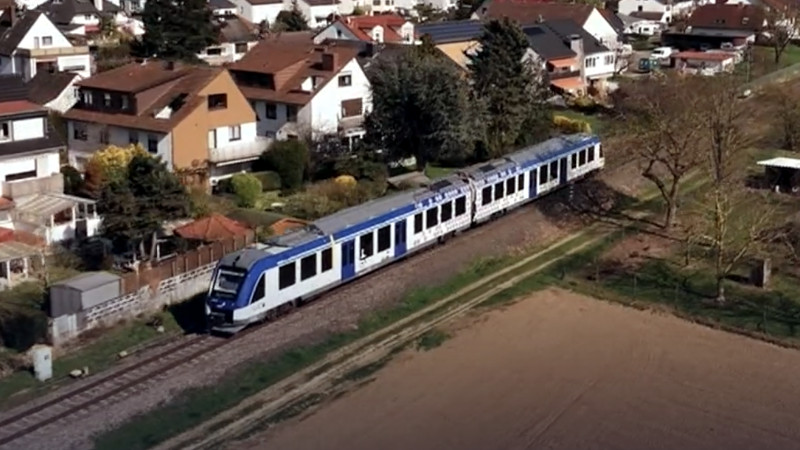Young Adults Reassess Financial Strategies Amid Economic Uncertainty

In today's rapidly changing economic landscape, individuals in their 20s are gaining a profound understanding of the fragility of financial stability. Having witnessed their families endure the tumultuous 2008 financial crisis during their formative years and experiencing the far-reaching impacts of the Covid pandemic as they transitioned through high school and college, this generation has developed a unique perspective on the economy's volatility.
Recently, the economic climate has been further complicated by the announcement and subsequent suspension of tariffs, causing significant fluctuations in the stock market. In response, many young adults have begun to reevaluate their financial habits, particularly regarding spending and saving, in anticipation of ongoing uncertainties that could affect their financial futures.
One such individual is Mr. Kankiewicz, who has just completed his final semester pursuing a degree in film production at the University of Missouri. With aspirations of becoming self-employed after graduation, he is preparing for this next chapter of his life by relocating to Cleveland, Ohio. There, he has the support of an aunt and uncle who have generously offered him a place to stay while he navigates his transition into the working world. His goal is to save enough money to cover six months' rent for his own apartment while maintaining a modest income through his media digitization business.
My hope is to be self-employed following school, which is slowly becoming potentially a little more risky, Mr. Kankiewicz expressed candidly. At the end of the day, I want to be able to afford groceries. This sentiment resonates with many in his age group, who are beginning to realize the importance of financial prudence.
In light of recent economic shifts, Mr. Kankiewicz has taken proactive steps to prepare himself for potential challenges ahead. Following the announcement of tariffs, he has started exploring affordable meal prep options and revisiting his grocery shopping habits. He is now considering bulk purchases of staple foods like rice to ensure he has a safety net during uncertain times. In a bid to cut costs, he is also contemplating investing in a bicycle to reduce his fuel expenses for shorter trips.
Despite owning a 2018 Toyota Highlander, a vehicle he requires for transporting the large quantities of VHS tapes and boxes of photographs that are integral to his digitization work, Mr. Kankiewicz is becoming more resourceful. His adjustments reflect a broader trend among young adults who are adapting their spending habits in response to economic pressures, demonstrating resilience and foresight amidst an unpredictable environment.



















